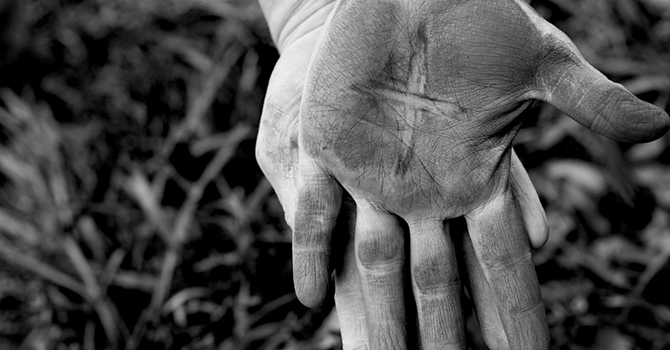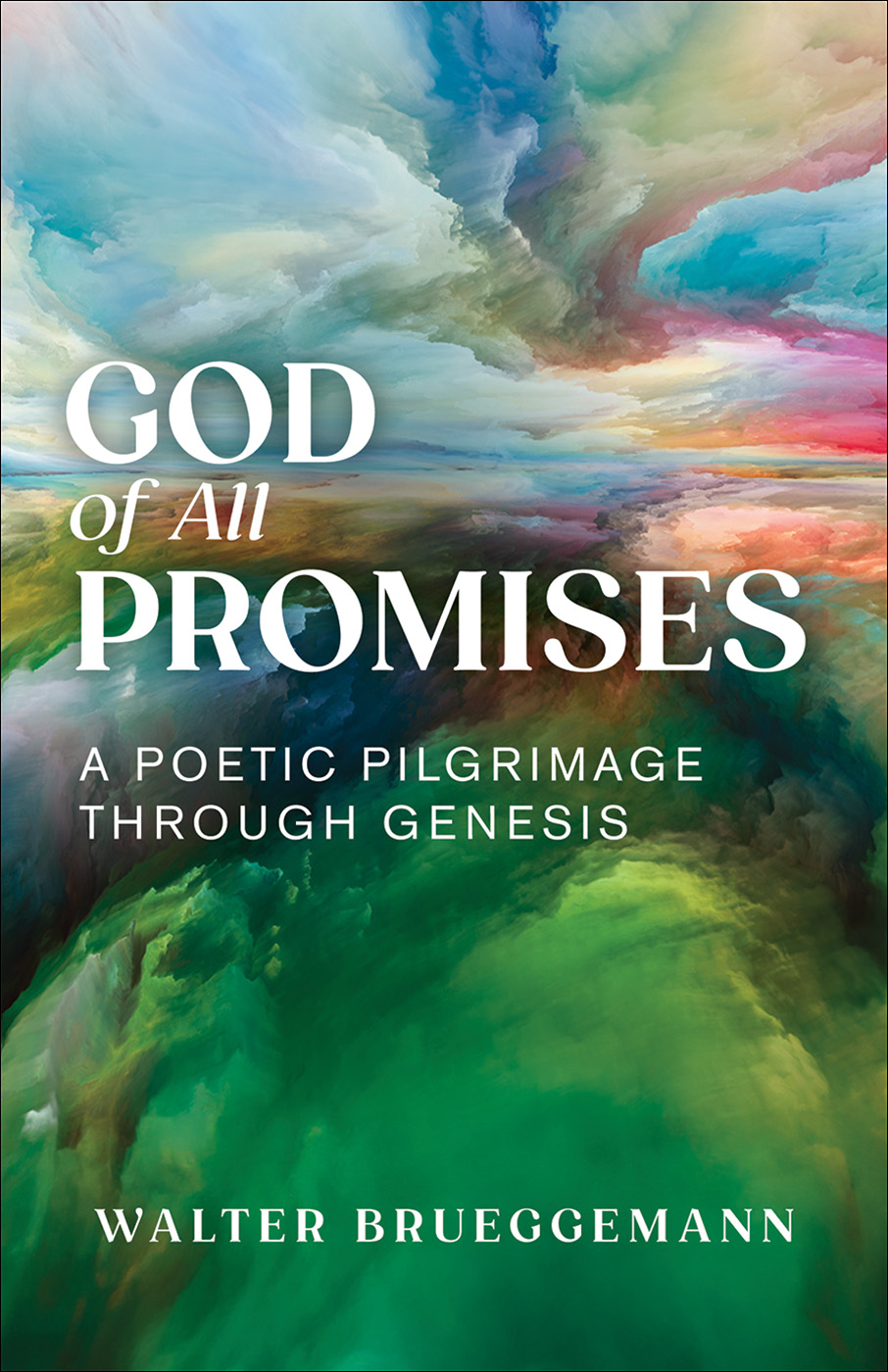During our Ash Wednesday service, I watch as the children file into the line for ashes. They shuffle their way down the aisle, meeting me at the front one by one.
I bend down toward them as they tilt back their heads, looking up at me -- such young faces, foreheads without creases. I mark them with ashes, a reminder of a mortality that seems incongruous with the life in their eyes.
“Remember that you are dust, and to dust you shall return.”
This year’s service will be different, but the lessons will be the same.
We’re approaching the mark of a half-million COVID-19 deaths in the United States, with over 2 million worldwide.
I’m reminded of the omnipresence of death every time I have to put on a mask to shop for groceries. I consider the threat of death every week we don’t meet in person for worship.
This year, our Ash Wednesday service will happen online -- a virtual ritual to confront the mortality we already encounter daily as this virus claims the lives of neighbors and strangers, of family and friends, of loved ones across the country and the globe.
We are dust, and to dust we shall return.
Last year, after our Ash Wednesday service, I looked at my smeared hand and a memory flashed to mind -- a scene from outside our place of worship, congregants gathered in a grove of trees.
We passed around a shovel, each of us digging out soil for a shallow grave, a resting place for the ashes of a dear church member.
The late member’s son bent down and gently poured his father’s cremated remains into the ground. “Earth to earth, ashes to ashes, dust to dust.”
Several of the older kids took the shovel next and buried the ashes.
As I watched, I thought about their young lives. Year after year -- some of them since they were babies, held in a parent’s arms -- I’ve marked them with ashes as a reminder that they too will return to the ground, that all of us will.
The Ash Wednesday pronouncement comes from the beginning of the Bible, from Genesis, when Eve and Adam have to face the reality of banishment from Eden. Gazing at the world beyond the garden, they hear of the hardships of life on the outside: “By the sweat of your face you shall eat bread until you return to the ground, for out of it you were taken,” God tells them. “You are dust, and to dust you shall return” (Genesis 3:19 NRSV).
Made from the dust, from the soil, from the earth -- that’s where we find ourselves in the story. At the beginning of the Bible, in Genesis, we’re the part of creation that starts out as a clump of earth, a wet and sticky lump of clay.
God takes a handful of earth, breathes life into the soil and forms us as human beings, as earthlings, enlivened with the Spirit of God. We are of this planet, held in existence by divine grace. We have been given life as a gift.
On Ash Wednesday, we open ourselves to the truth: that our lives are precarious, that we are easily wounded, that our experiences of this world’s loveliness are evanescent.
And this truth comes with the knowledge of the nature of God’s grace: that God loves the earth, that God loves the ground, this soil that has become the stuff of our bodies.
Ashes are a kind of mirror that helps us see ourselves more clearly, which is to see God more clearly -- to recognize the God whose love gathers up dirt and makes human life in God’s likeness, an image, a window, a reflection drawing us to consider God’s life, the One whose Spirit breathes through us.
Lent is 40 days of wandering, like Israel in the wilderness, like Jesus at the beginning of his ministry. Forty days of wandering, of circling back to ourselves to learn how to pay attention to our desires, to experiment with ways of listening to ourselves -- to our souls, to our hearts, to our wants.
This year, for our Lenten wandering, we find ourselves in a pandemic, mourning the loss of so many people.
The receiving of ashes invites us not only to consider our own mortality but to remember the devastation of this year of COVID-19 deaths in our family, in our congregations and in our communities.
Lent is always a time of lament and a time of solidarity with the heartbroken. And this year, we have a lot of collective pain. Lent is our time to find the sustaining breath of God in our chaos, to feel the Spirit who holds our lives together.
For we live by grace, dependent on the people who’ve arrived to this life before us, loved ones who’ve departed, who’ve returned to the ground. We remember them with our ashes, because they too are held in God’s grace.
Remember that you are loved, and to love you shall return.















